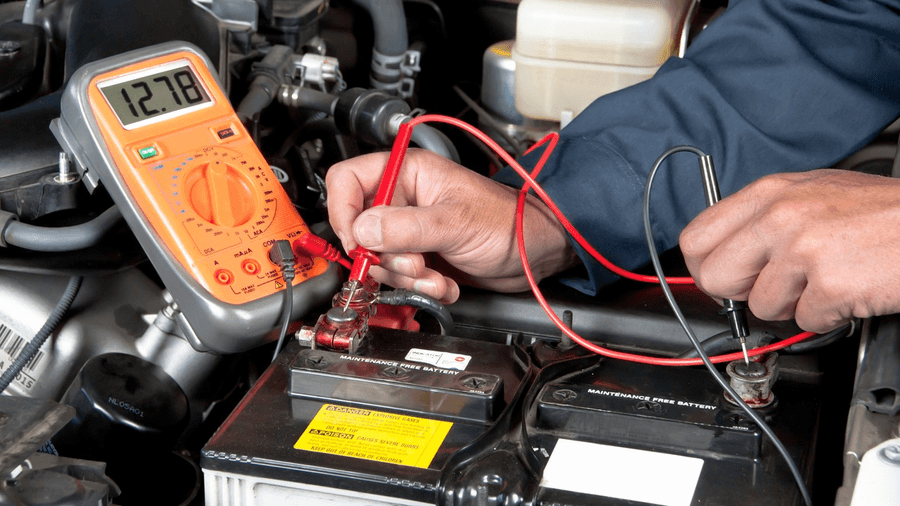Brakes. What are they really, what do they do, how often do I need to replace them, and how much should I be paying for them? These are all questions we find ourselves asking every 50,000 miles or so (about five years, depending on how much you drive!).
Today we’re unpacking everything you need to know about brakes and when to replace them to keep you safe and informed on the road. First up, the basics:
Note: For the purposes of this blog, we’re going to be using a car as our example (big trucks, motorcycles, and other types of vehicles have slightly different brake systems)
What are brakes? What’s the difference between pads and rotors? Calipers?
Brake systems are complex and go beyond just the two parts you’ve probably heard most about: brake pads and brake rotors. Here is a brief explanation of each part:
- Brake pads: Brake pads press on the rotors to slow the car. Quality matters with brake pads – they can last a few years, but harder pads will last longer than soft pads. Eventually, the padding wears down to the metal (hint: this is sometimes referred to as “metal on metal” when referencing brakes that need to be replaced)
- Brake pistons: Pistons create friction on the rotors by pressing against the brake pads – they’re activated by the brake fluid that is pushed through the hydraulic system when you press down on the brakes.
- Brake rotors/discs: This is one of the main parts of your brake system. When your brake pads press against the rotors, this is what makes your car slow to a stop. These pieces can last up to about 70,000 miles (again, depending on many environmental and driving factors) and their life can be extended with resurfacing.
- Brake calipers: Calipers are a clamp like structure that hold the brake pads, pistons, and brake fluid. If a car goes unused for some time or the car is exposed to harsh or rapidly changing environmental conditions, calipers can “seize up” which poses a potential risk of fire – the calipers can get quite hot you don’t want to be driving on a seized caliper (if you smell any burning or see smoke from your brakes, get that checked immediately!)
- Brake drums: Most newer cars used disc brakes and brake pads, but some older cars use brake drums and shoes (a differently designed brake system). Drum brakes can last a long time, whereas the shoes may need to be replaced more frequently.
How often do I need to replace my brakes?
As with many topics on our blog, the answer is it depends. Generally, they can last between 3-5 years or 50,000 miles, but you should have them inspected once a year to check for any uneven wear, grinding, fluid leaks, etc. One thing is for sure- you do not want to wait till your brakes are failing or underperforming to have them replaced. Problems compound over time, and become more expensive and potentially dangerous.
The factors that can affect how often you need to replace your brakes are:
- City vs highway vs suburban driving
- Quality of brake pads (e.g. harder pads last longer than soft brakes)
- Brake material (e.g. ceramic brakes typically last longer than metal)
Questions to ask your mechanic
- How much of the brake pad is left? (Brake pads should be replaced when they reach about 0.1 inch)
- Are the rotors warped? (this will impact brake power and wear on the pads)
- Are aftermarket parts okay for my brakes?
Check out our brakes service page for more information on Roda’s brake rotor and pad replacement service.
Get Started with
Monday to Friday - 7:30 AM to 6 PM | Saturday - 8 AM to 4 PM
This site is protected by reCAPTCHA and the Google Privacy Policy and Terms of Service apply.


